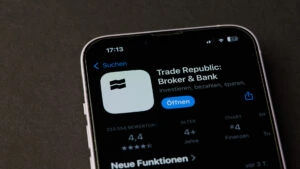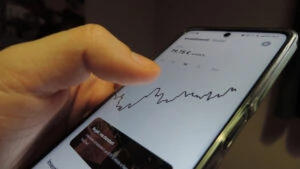The Italian sports car manufacturer Ferrari recently suffered a sensitive deepfake attack. A high-ranking manager became the target of a fraud attempt in which criminals used AI technology to impersonate the company boss.
It all started with a series of WhatsApp messages. The sender was posing as Benedetto Vigna, CEO of Ferrari. The profile picture showed Vigna in front of the Ferrari logo. There was talk in the news of a secret takeover for which support was urgently needed.
A phone call followed shortly afterwards. The voice at the other end sounded deceptively like Vigna, including his characteristic southern Italian accent. The alleged CEO asked for an unspecified currency transaction to be carried out.

Manager sees through the scam
However, the Ferrari manager in question became suspicious. He noticed small inconsistencies in the voice and the unusual financial demand made him suspicious. He had the presence of mind to ask a personal question about a book that the real Vigna had recently recommended to him. When the caller was unable to answer, the scam was discovered.
After the manager’s clever exposure, Ferrari immediately launched an internal investigation. As is so often the case, the fraudster’s aim was financial. The fake Benedetto Vigna allegedly wanted to discuss a “China-related business” that required a currency hedging transaction. It was precisely this unusual request that set alarm bells ringing for the unnamed manager and prompted him to ask the revealing question about the book title.
Deepfake again and again
This type of corporate fraud is becoming increasingly popular. Hong Kong engineering giant Arup was tricked into transferring $25 million to a fraudster earlier this year after an employee was defrauded using similar tactics. Thanks to the quick thinking of the Ferrari manager, the Italian super sports car manufacturer was saved from a major financial loss and worldwide disgrace.







